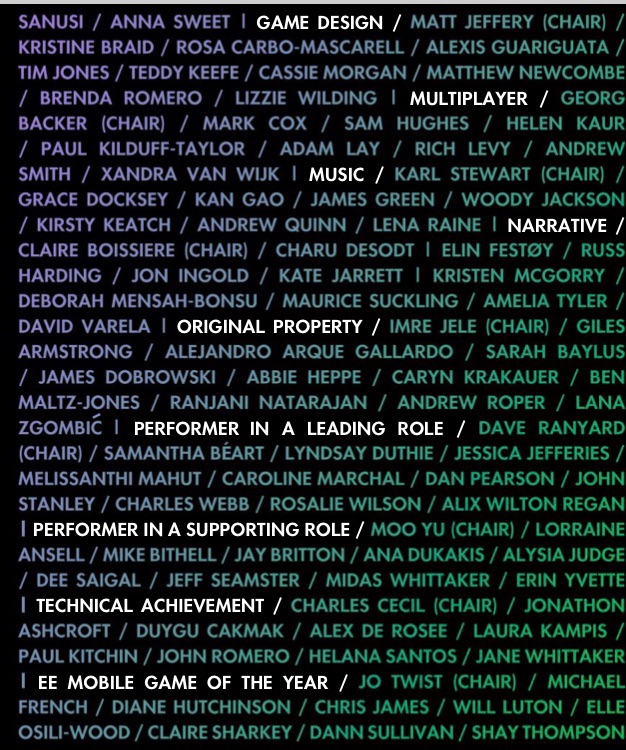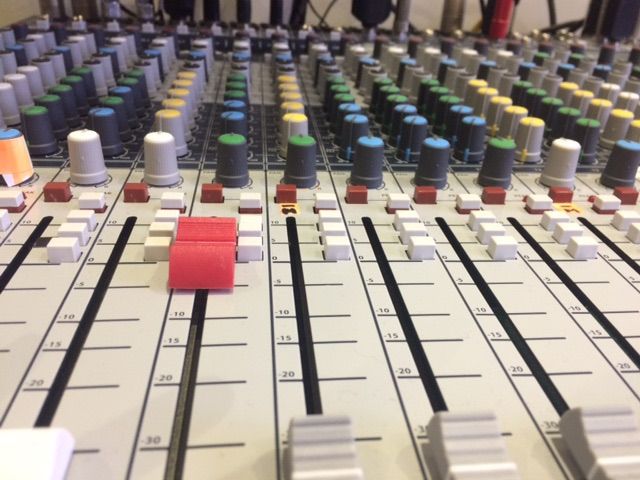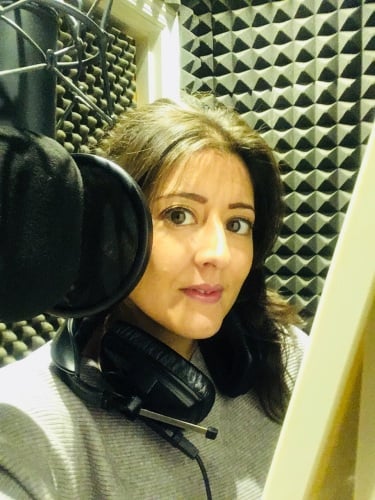How to perform as a voiceover artist?
Posted on
Importance of performance : Performance is crucial to many an audio production. It can bring copy to life than simply reading it in your head. And performances in videogames are amongst some of the most nuanced. Copy is more than a collection of words scattered on a page or excel sheet. As a performer the aim is to take the copy and elevate it to deliver the lines that evoke a reaction of some sort. Questions I ask myself about copy include:
- What is the aim?
- What is the emotional intention?
- What is the call to action?
- What is the truth?
- What is believable?

These questions form a start of an interrogation of the copy that is essential to deliver a connected performance. What is connected? I see this as the voice actor connecting with the copy and then being able to communicate the intentions to the audience so that they connect with the character or the copy and the underlying messages that underpin it.
I was lucky enough to see this played out at the BAFTA Games awards in 2020. I was asked to be a juror on the new category of Performer in a Supporting Role. This was a great opportunity to research each performance of the submitted video games and understand the nuance behind each piece. The nominated performances were a very good example of the voiceover work over this year and I thoroughly enjoyed playing all of the games. The games were great in themselves but the artists were able to convey much with their voice. And there lies the talent, performances that were rich in undercurrents, layered and full of quirks and thoughts.
The same questions I ask myself I asked of the each performance. To take each moment and connect with what the actor is trying to convey during each scene. Two nominated performances really stood out for me simply because I connected with them and believed them to be truthful in a myriad of ways. Ayisha Issa who played Fliss in Man of Medan, held my attention throughout her time in the game. The nuances of staying in character during decisions choices as well as game play were excellent and I enjoyed her performance. I also enjoyed watching Lea Seydoux in Death Stranding as Fragile. The character warmed up throughout the game and had many layers that I became excited to watch out for.
The winning actor was Martii Suosalo who while his character Ahti in Control has a limited amount of game time, gave a thoroughly detailed confident and thought provoking performance. As the caretaker the role and copy could have simply been a few lines read out loud. But Martii elevated this performance to something both sinister and sublime. What I found particularly interesting that all these actors were bilingual and to chomp and change between languages is one of the hardest skills to have. The cadence, word sounds an mouth shapes that have to be achieved are extremely difficult. Martti made it look very easy. A well deserved win. All of the actors I mentioned really gave performances that are worth of study and reflection for any actor. Have a god and play the games, see what I mean.



